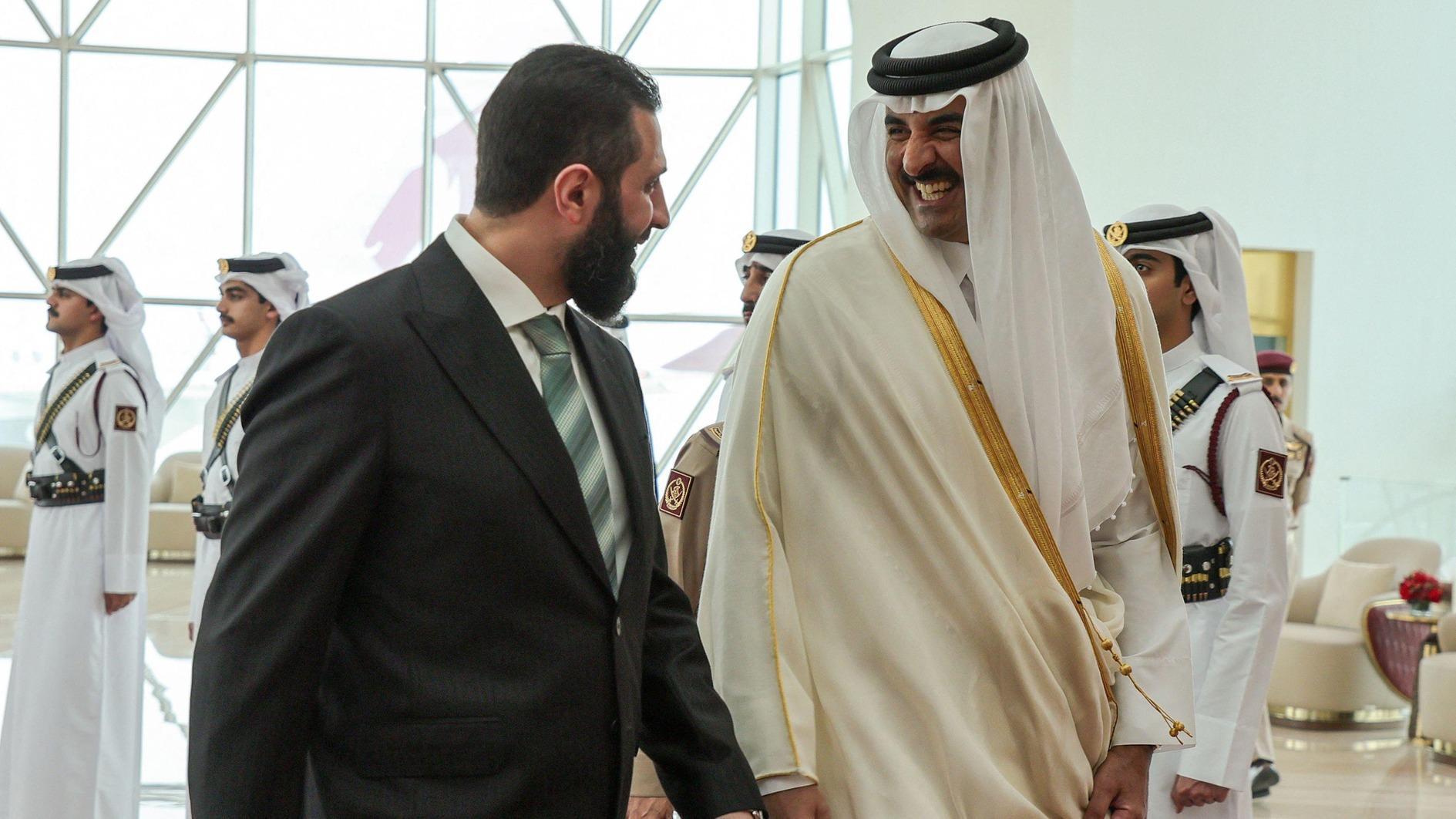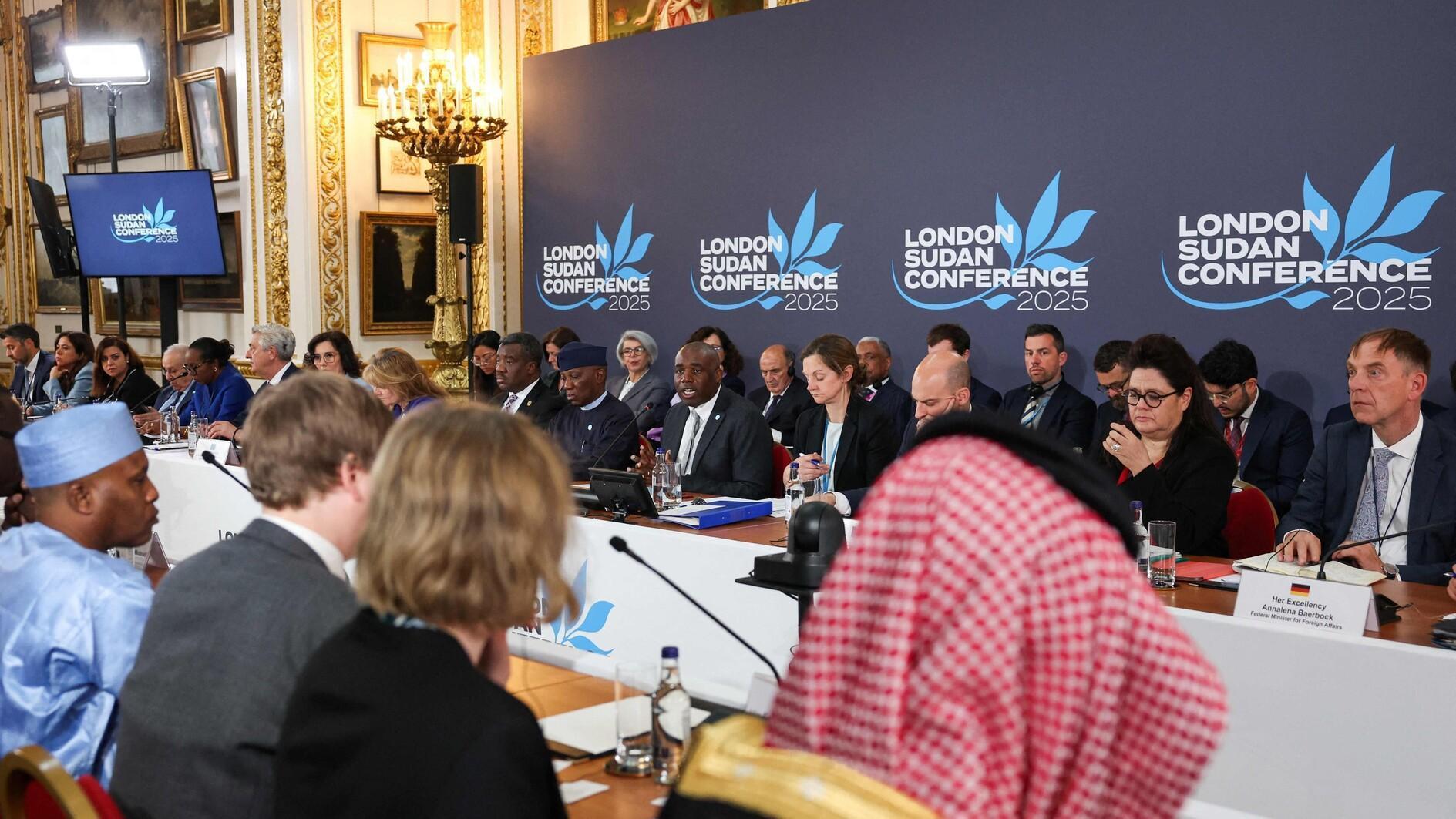Turkey: The road ahead after June 7
BEHLÜL ÖZKAN
This past February saw the tragic murder of journalist Nuh Köklü, who was knifed to death after he and his friends threw a snowball at a shop window in Istanbul’s Asian-side district of Kadıköy. Just before taking Köklü’s life, his alleged killer is said to have boasted, “I’m insane... I’ll get my gun and shoot you, and tomorrow they’ll release me from the hospital.” The individual in question, a shopkeeper named Serkan A., was later determined to be of sound mind. A few months before Köklü’s murder, President Recep Tayyip Erdoğan made a startling announcement: “When needed, shopkeepers can act as a police force to keep the peace or as judges to administer justice.” It would be hard to imagine a more explicit carte blanche for vigilante behavior on the part of Erdoğan’s constituency.Yet even without such an endorsement, Erdoğan thumbing his nose at the law while in office has surely set an example for his followers. The long list of scandals for which Erdoğan and his associates have not yet been held accountable includes allegations of Turkey illegal supplying arms to jihadists in Syria; the construction of Erdoğan’s presidential palace on protected land in Ankara, in contravention of a court order; the Roboski massacre, in which 34 villagers were killed in airstrikes by Turkish fighter jets; the Gezi protests, which ended with eight civilians dead and thousands injured; the Soma disaster, in which 301 miners lost their lives; the Dec. 17, 2013, corruption allegations, which implicated a number of Justice and Development Party (AKP) ministers and other high-ranking officials; and the awarding of state tenders to pro-AKP businesses, some of which have created a so-called “pool media” guaranteeing positive coverage of the ruling party.
In the aftermath of the historic June 7 elections, Turkey must create a political system which respects the rule of law, holds its leaders accountable and restores democratic principles and institutions. There are two schools of thought about how the country should proceed at this point.
The first school of thought favors making peace with the AKP and moving forward. According to this pragmatic view, there is no need to get rid of the AKP, which, after all, won 18 million votes (or 41 percent of the electorate) and has a strong presence in all state institutions. Now that voters have sent a message to Erdoğan and prevented him from creating a presidential system; a “broad-based coalition” under AKP leadership will suffice to get Turkey back on track. The main problem with this approach is that the parties which would form such a coalition with the AKP - the Republican People’s Party (CHP), the Nationalist Movement Party (MHP) and/or the Peoples’ Democratic Party (HDP) - will undoubtedly want to open or reopen investigations into the highly sensitive issues mentioned above. In that case, the AKP will be forced to undergo a major shakeup, or else the coalition is likely to be short-lived.
The second school of thought holds that the CHP, the MHP and/or the HDP should join forces to form a coalition government without the AKP. This could be a three-party coalition (which would have a majority in parliament) or a minority government made up of one or two parties. Such a coalition would act as a transitional government with the task of carrying out much-needed reforms before the early elections one or two years from now. These would include removing the 10 percent electoral threshold for political parties, revoking Turkey’s anti-democratic laws regarding domestic security and its national intelligence agency (MİT) and having those AKP politicians who were implicated in serious corruption allegations tried before the Constitutional Court. The most important question for this transitional government would obviously be the fate of President Erdoğan. If the high-ranking members of the AKP are prosecuted, this will certainly create havoc within the party, hastening its splintering and eventual dissolution. However, there is little reason to believe that Erdoğan will sit idly by as this occurs. While in office, Erdoğan has not hesitated to flout Turkey’s constitution; he will surely use every means in his power to neutralize any coalition government hostile to him. Among other things, he is likely to remind his opponents that they cannot appoint new governors and police chiefs without the president’s signature.
In short, there is still much work to be done in the wake of the June 7 election. Whether or not the AKP is part of a coalition government, one thing is clear: Over the next few months, the party will be held responsible for its infringements of Turkey’s constitution. The CHP, the MHP and the HDP – which collectively make up a majority in parliament – wield considerable power in this regard. If Erdoğan attempts to interfere with the workings of parliament, there is certain to be a wide-scale campaign of civil disobedience, as in Gezi.
Moreover, having staked everything on his hopes of changing the constitution, Erdoğan now finds himself in a much weaker position than in 2013. While no one knows exactly what the future holds for Turkey, the aura of Erdoğan’s invincibility – and the culture of impunity it has helped to foster – has clearly begun to dissipate.











